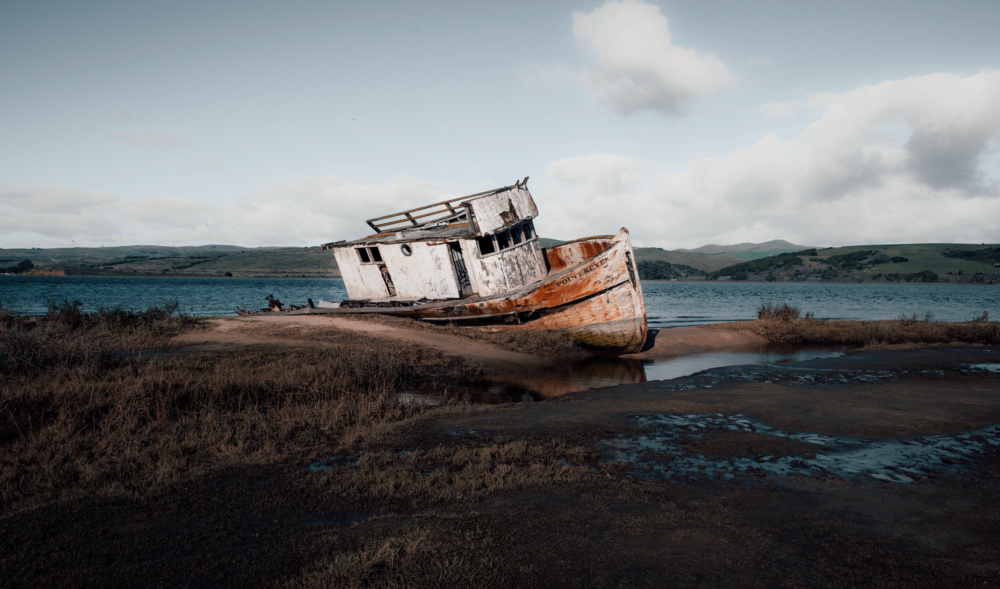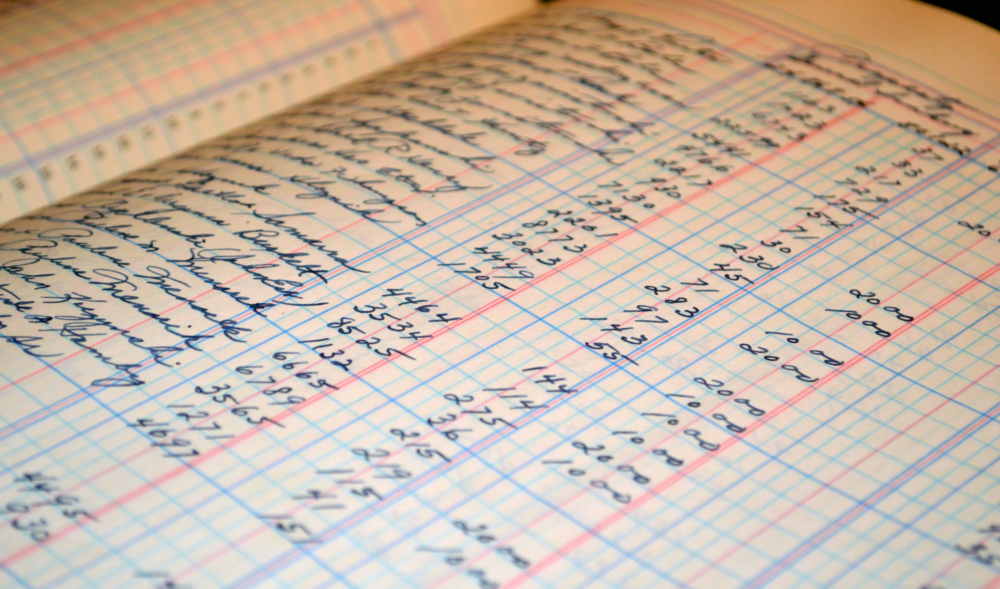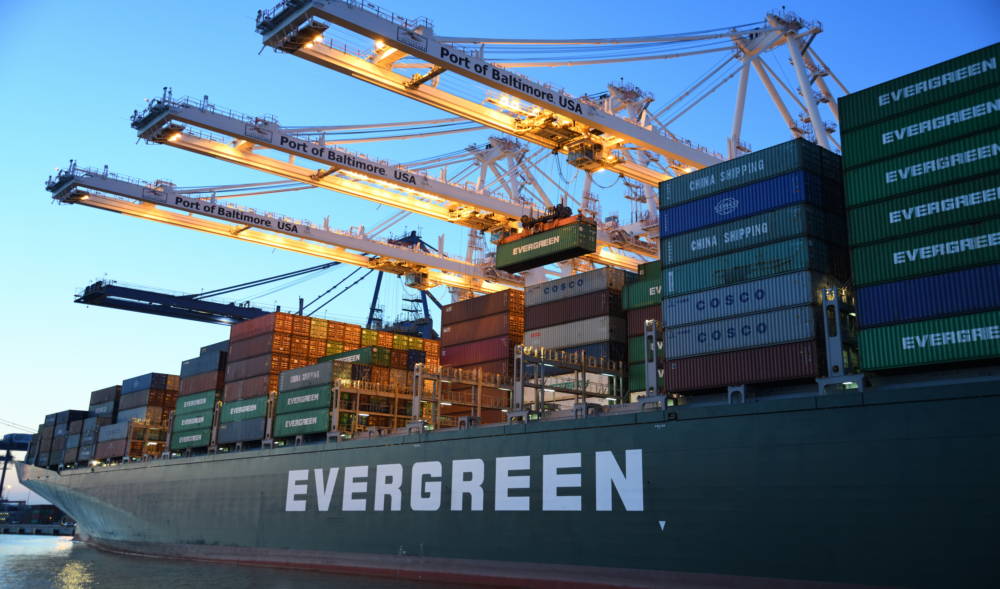Suez Canal Crisis sends Colossal Economic Waves
The network of global trade that fuels our modern world has been rocked by the covid-19 pandemic, and recently a new event has ruptured an already shaken network. Around 7 am in the Suez canal’s southern section, a massive container ship called the “MV EVER GIVEN” ran aground and blocked all ships from passing through the canal. This maritime disaster is currently attributed to high winds, but a final verdict on the reason for the disaster has not been declared by authorities. When writing this article, the ship was wedged into the sand and recently upstream moved from its previous position. Clogging up the Suez canal is a massive deal because of the importance of the famous trading route.
The Suez canal facilitates over 10% of all global trade and sees around 30% of all container ship traffic each day. Historically the canal was a game-changer because it shortened the route between Europe and Asia by thousands of miles and multiple days. The canal was first opened in 1869 and has gone through multiple expansion projects, with the most recent one taking place in 2014-16. European and Asian trade is vital for many products as countries like China can cheaply manufacture almost any consumer good that companies want to sell in the west. Companies like Amazon and eBay rely on places like the Suez canal to efficiently ship large amounts of cheaply manufactured products to warehouses across the European continent. Without the canal as a trading lane, ships must take the long journey around the African continent, which extends the shipping journey by weeks.

The Suez canal is also important for many countries that rely on raw goods from other parts of the world. Commodities like oil and food products are common items sent through the Suez Canal every day. Without these shipments of oil and food, many nations could feel a severe economic pinch. The country of Syria, which relies on Suez oil, has already started to ration fuel in the wake of the disastrous maritime blockage. Other Mediterranean maritime nations like Israel may start to feel the pinch very soon as imports from Asia temporarily dry up.
The ship that started this mess is known as the “MV EVER GIVEN” and is one of the world’s biggest Ultra Large Container Vessels(ULCV). 25 Indian crew members currently staff the ship and are still onboard the vessel. The ship is owned by the Japanese company “Shoei Kisen Kaisha,” which is a subsidiary of the Japanese shipbuilder “Imabari Shipbuilding.” A German company known as “Bernhard Schulte Shipmanagement” (BSM) is the manager of the ships’ technical systems and has been giving updates as the situation changes. The “MV EVER GIVEN” was transporting goods headed to Rotterdam when it was wedged into the canal.
Freeing the unfortunate ship was not be an easy task for a variety of reasons. First, any imbalance of weight on the ship might cause it to break, which would increase the cleanup time by weeks. Second, a ship of massive scale needs to be completely free of the earth and then refloated before it can start moving again. Third, the sheer weight of the ship means multiple top-notch tug boats can barely move the ship even if they work all at once. This combination of factors makes the wedged ship situation much harder than your average ship removal.
The “MV EVER GIVEN” ‘s unfortunate situation came at one of the worst times in recent decades. Many industries have already been devastated by the global silicon shortage that currently affects any consumer item that needs advanced microchips to function. On top of a silicon shortage, many companies already had a lower supply than normal of electronic products like graphics cards due to the covid-19 pandemic and the resulting consequences. Global trade will most likely feel the economic consequences from this event far into the current year.

The economic consequences of the Suez canal blockage are immense. Ten billion dollars were lost every day the canal remained closed. Large electronic companies currently producing product supplies for future quarters will invariably be understocked to a certain degree in the future. Economies around Europe that rely on imports will be racked with chaos for weeks. A dangerous feedback loop of scarcity, price hikes, and panic could affect any in-demand consumer product for the coming weeks. The consequences of the Suez crisis are not just economic.
The geopolitical landscape of Europe and the Middle East could be affected as a result of the canal kerfuffle. Nations that rely on imports will be sewn with strife that more self-sufficient nations in the region could use to their advantage. European or Asian superpowers could take advantage of the new scarcities and incite fear or anger against the governments of many countries. Oil will become a bargaining chip for countries like Russia to push around nations affected by a crisis like Syria. Countries that are heavily affected by this event will inevitably start to think about how reliant they are on foreign trade and how to prevent another crisis.
Some ships are starting to take a long way around at the moment to prevent waiting in a 200+ long cargo ship line that has built up in the Mediterranean. The line has recently started to move on March 29th as the “MV EVER GIVEN” was refloated and successfully led upstream to lake Bitter which is just upstream from the southern section of the canal. The total economic cost of this event is most likely around 70 billion dollars; however, this event’s effects will undoubtedly linger throughout the international economic community for a long time.
Sources: https://www.visualcapitalist.com/suez-canal-critical-waterway-comes-to-halt/, https://gcaptain.com/ever-given-grounding-the-latest-from-the-ship-manager/, https://www.npr.org/2021/03/27/981958889/race-to-free-giant-ship-from-suez-canal-continues, https://www.cbsnews.com/news/suez-canal-ship-stuck-block-fifth-day-effort/











17,319 thoughts on “Suez Canal Crisis sends Colossal Economic Waves”